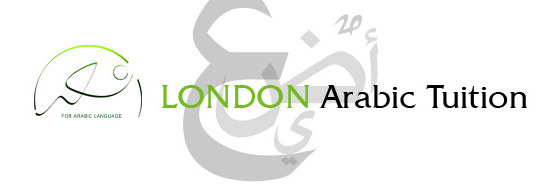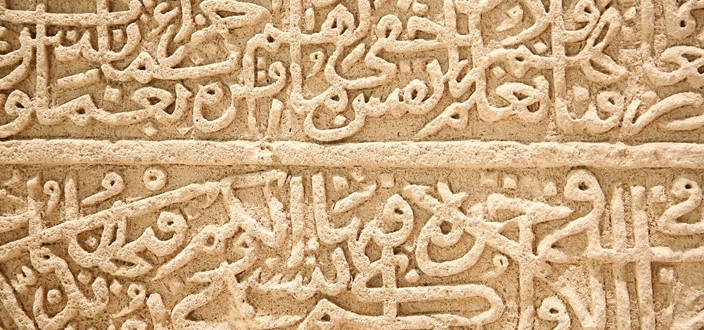Learning Arabic is a difficult task for many students. There are many frustrations that come with the process, such as the fact that most schools and universities teach the Modern Standard Arabic (MSA) dialect, not the spoken dialects. The problem is that when a student speaks MSA, they sound like Shakespeare, yet native speakers will understand them, but the student will not understand them using their MSA speech.
In addition, because MSA is not widely used in the Arab world, people will often laugh at the student when they speak it. This can be very disheartening for many students, who feel that their efforts are fruitless. To make matters worse, there is no full Arabic course that guarantees the student will be able to master the spoken form of Arabic. There are also many dialects, and many students don’t know of the three main ones.
This makes it difficult to learn spoken Arabic and stay motivated. Many students also give up after they spend a year trying to learn MSA, as they feel there is no point in continuing if they are unable to build spoken sentences. Students also feel that if they just go to an Arab country and pick up the dialect from the street, they’ll quickly become fluent in spoken Arabic. This is a huge mistake because if you don’t understand the grammar behind building spoken sentences, you will never become truly fluent in spoken Arabic. Finally, many students and teachers believe that there is no grammar in spoken Arabic.
This is not true. Just like any language, there is a lot of grammar in spoken Arabic, and it is essential for students to learn it if they want to become fluent in the language. Overall, learning Arabic is a difficult and frustrating process for many students due to the complexities of the language and learning the correct dialect.
Without the correct grammar and sentence structure, it can be tricky for students to become fluent speakers of the language. Learning a foreign language can be challenging for many students, and Arabic is no exception. With its complex grammar and sentence structure, plus its various dialects, mastering the language can be an extremely frustrating experience for those studying it. Here are some of the biggest frustrations for students who are learning Arabic.
One of the main difficulties for students of Arabic is the various dialects.
Each dialect has its own unique phonetics, vocabulary, and grammar structure, which can be confusing to learn. There are also so many different dialects, including those spoken in the Middle East, North Africa, and everywhere in between, which can be overwhelming for students. Another major frustration for learners of Arabic is the need to learn proper grammar and sentence structure.
Mastering the correct pronunciation and enunciation of the language is also extremely difficult, making it all the more challenging to become a proficient speaker. Lastly, one of the biggest frustrations for students of Arabic is the lack of resources available to help them on their journey. With the language being so complex, it can be difficult to find a good teacher or tutor, and most textbooks and language learning programs don’t always cover the language in depth. This can make it incredibly difficult for students to get the help they need in order to be successful. Learning Arabic can be a daunting and frustrating task, but with dedication and perseverance, it is entirely possible to become a proficient speaker of the language.
By utilizing all of the resources available, finding a good teacher/tutor, and understanding the various dialects, anyone can conquer the language and become a fluent speaker of Arabic. Learning a new language can be a challenging and rewarding experience, and Arabic is no different. As a highly-regarded language, Arabic can be especially intimidating for those attempting to master it. Fortunately, with the right approach and attitude, students can work through the biggest frustrations they face while learning Arabic and come out as successful and confident speakers.
The biggest frustrations students encounter while learning Arabic are the varying dialects and the range of resources available. With Modern Standard Arabic, students must learn to read, write, and speak a more formal version of the language, while also having to understand the different dialects that are used in everyday conversations. This can be an overwhelming task for any student, especially for those who are already beginning to struggle with the language.
To overcome the frustration of the dialects, it is important for students to use the many resources available that help to explain the nuances of the language. By utilizing books, newspapers, magazines, television, and music in Arabic, students will be able to better understand the differences between the dialects and pick up on the nuances of the language. Another frustration students may encounter while learning Arabic is finding the right teacher or tutor that can help them reach their language goals.
To find a good teacher/tutor, students should research local options, as well as online resources that offer Arabic tutoring and instruction.
By finding someone who is experienced in Arabic and committed to helping the student reach their goals, students can build a strong foundation, and learn the language in the most effective way possible. Although learning Arabic can be overwhelming, with the right attitude, determination, and resources, any student can become a successful and fluent speaker of the language.
With access to a good teacher/tutor, utilizing all the resources available, and understanding the various dialects, students can overcome their biggest frustrations and become successful learners of Arabic.




Leave a Reply
You must be logged in to post a comment.